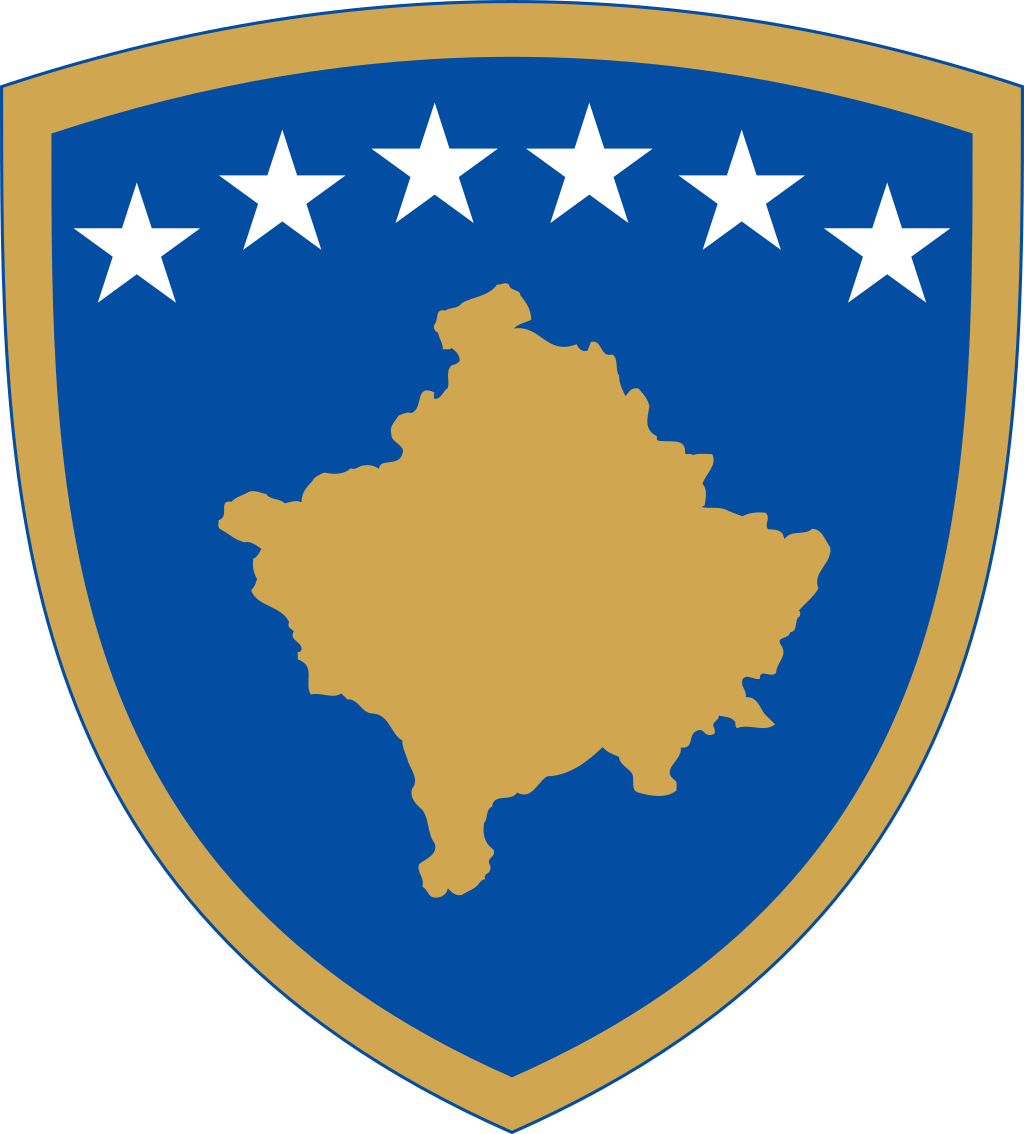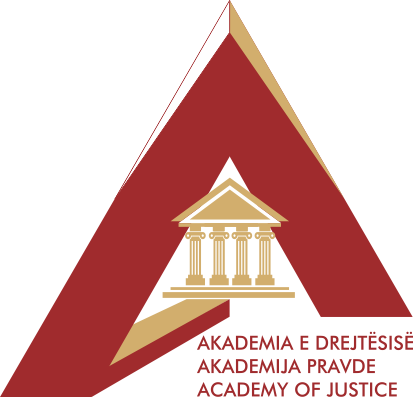
 ACADEMYOF JUSTICE
ACADEMYOF JUSTICE
- HOME
- ABOUT US
- TRAINING PROGRAMS
- PUBLICATIONS
- NEWS AND ACTIVITIES
- ANNOUNCEMENTS
- COOPERATION
- GALLERY
The Council of Europe on December 8, 2020 organized a roundtable discussion on protection and safety of journalists, under the subject: "Journalists and the risks of violence against women." The roundtable discussion was organized in the framework of the Joint Project of the European Union and the Council of Europe "Freedom of expression and freedom of the media (JUFREX 2)" and the project "Strengthening the fight against violence against women and domestic violence - Phase II". The roundtable was organized during the campaign "16 days of activism against gender-based violence" and aimed to raise awareness of the important role of the media in preventing violence against women and domestic violence.
At the beginning, speeches were addressed by, Mrs. Gresa Musliu, Senior Project Officer, JUFREX, Mr. Frank Power, Head of the Council of Europe - Office in Prishtina, Mr. Naim Qelaj, People's Advocate, Mr. Riccardo Serri, Head of the Political, Economic and European Integration Division in the EU Office, Ms. Jenny Stenberg Sorvold, Deputy Ambassador, Royal Norwegian Embassy in Pristina. Whereas in this roundtable from the Kosovo Academy of Justice participated was Mr. Islam Sllamniku, permanent judicial trainer.
With special presentations were presented: Mrs. Gentiana Begolli-Pustina, President of the Association of Journalists of Kosovo, Mrs. Merita Limani, Project Manager, Strengthening the fight against violence against women and domestic violence-Phase II, Mr. Mrs. Besim Kelmendi, Coordinator from the Office of the Chief State Prosecutor for dealing with cases of threats and attacks of journalists, Mrs. Lambrini Papadopoulos, journalist, member of the working group during the design of the HELP Course on Protection and Security of Journalists and Mrs. Flutura Kusari, Media Law Lawyer, Council of Europe Consultant.
Issues related to the existing System for reporting and prosecuting attacks against journalists, number of cases and the trend of separately reported attacks - violence against women journalists, Cooperation with platforms for promoting the safety of journalists and Media reporting on violence against women and domestic violence - challenges and opportunities were initially addressed. Then the standards of the Istanbul Convention of the Council of Europe on raising awareness on domestic violence and violence against women - the role of the media – were also elaborated.
Following was presented the role of the Prosecution in investigating cases of journalist attacks, the measures taken to establish a system for dealing with cases of physical and verbal attacks against journalists, and the number of cases prosecuted and investigated, those that are currently under investigation / challenges during the investigation
Gender threats against journalist’s women and men were also addressed, such as: censorship, intimidation, physical and psychological attacks against journalists, Gender stereotypes and principles of gender equality, The effects of cyberbullying with a special focus on women journalists. The introduction of the HELP online course on Protection and Safety of Journalists was also useful.
Also of interest was the elaboration of the overview of the current situation in the country on the safety and impunity of journalists, especially women journalists, and the main sources of threats: physical threats, online and legal attacks faced by journalists, introduction of local existing means and mechanisms on the safety of journalists. SLAPP lawsuits - Strategic Lawsuit Against Public Participation.
In this training were presented the new materials and current case law of the ECHR in the context of protection and safety of journalists as well as the risks of violence against women journalists. In the last part a useful discussion took place involving all participants.
08-12-2020